Model village to shelter to Hindu and Muslim homeless garbage pickers and scavengers
The 120-unit settlement will offer basic health, education, water and sanitation facilities.
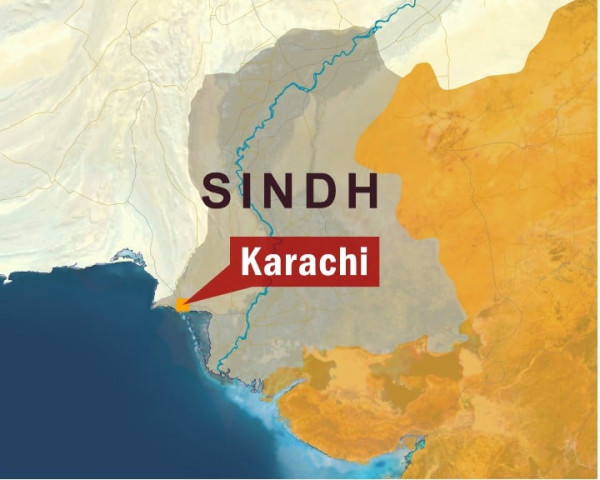
Pakistan Poverty Alleviation Fund (PPAF) in collaboration with other corporations is helping build a model village which will provide these facilities. PPAF chairperson Muhammad Hussain Dawood performed the groundbreaking ceremony of one such model village in Gabo Pat, Keamari Town, on Tuesday morning.
He was accompanied by PPAF outgoing CEO Kamal Hyat, incoming CEO Qazi Azmat Isa, Health and Nutrition Development Society (Hands) chief executive Dr Sheikh Tanveer Ahmed and Shell Pakistan Social Investment Manager Afshan Khan. Shell Pakistan has released Rs4 million for basic infrastructure while NGO Hands will be responsible for decision making.
This village, previously known as Raees Noor Muhammad Goth, is located close to the City District Government Karachi’s landfill dumping site, 25 kilometres away from the city centre. The owner of the land, Raees Noor Muhammad, donated 14 acres for the model village, which previously lacked potable water and sanitation. Most residents earn their living by sifting through garbage.
According to the initial plan, PPAF will build 120 residential units with bricks within two years at an estimated cost of Rs35 million. This village was identified in September 2009, said an official of the PPAF.
PPAF should not limit itself to transforming just one goth into a modern village but they should take up the responsibility for as many as possible, said Hyat. Isa, PPAF’s new CEO, said that the success of the model village can only be ensured when they remain united on all occasions. The women of the village must understand that they have to play their role actively, he added.
Chairperson Dawood also said that PPAF could help people only when they step forward and contribute to the efforts.
Raees Noor Muhammad told The Express Tribune that half of the residents were Muslims and the remaining were Hindus. He brought people from other areas to settle in this village so that the area can grow in terms of social and commercial activities. He added that he owns another 32 acres just across the model village and hopes to benefit from the future increase in the value of this land.
The owner’s son, Rasool Bux, recalled that men from their tribe decided to bring scavengers to this area so that it gains people’s attention. They wanted to raise the value of this land, he said. Most residents of the village earn a living by collecting metals, plastic, polythene, wood and glass from solid waste and selling their collections.
A resident, Muhammad Ramzan, used to live in Malir Memon Goth but could not resist the opportunity to live in Keamari when he was invited by Raees Noor Muhammad. You can earn easy money from piles of solid waste here, he said. Ramzan prefers his work to working in a factory because he can earn up to Rs200 every day just by working for two hours. He would have to work for at least eight hours in a factory to earn this much, he added.
Another resident, Faqeer Muhammad, said that the goth had a cemented water reservoir and a tanker supplies water five days a week. There is also a mosque and a school, he added. Even without access to electricity or gas, these residents earn nearly the same amount every month as any other person belonging to the low-income strata in the city.
Once the model village is completed, PPAF plans to start a micro financing scheme with the residents and help them start their own businesses. The amount lent to the residents will need to be returned in instalments but no interest will be charged.
PPAF officials added that they enjoy support from the Government of Pakistan, World Bank, International Fund for Agriculture Development, United States Agency for International Development, United States Department of Agriculture, KfW Bankengruppe and the US corporate sector.
Published in The Express Tribune, December 15th, 2010.


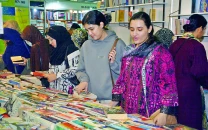
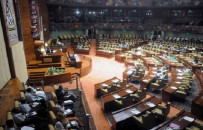

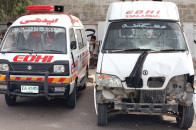
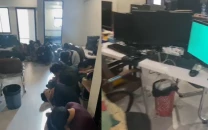












COMMENTS
Comments are moderated and generally will be posted if they are on-topic and not abusive.
For more information, please see our Comments FAQ